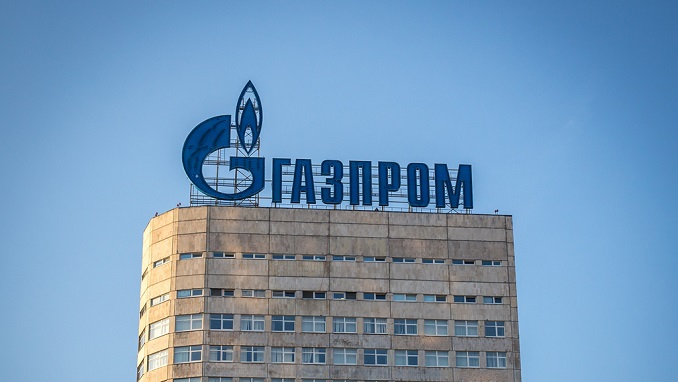The activity of energy companies in the issue of carbon neutrality is the higher, the worse they are provided with reserves of raw materials, Oleg Aksyutin, deputy chairman of the board of Gazprom, said at the St. Petersburg International Gas Forum.
In turn, the vice-rector of St. Petersburg State University of Economics Yana Klementovichus researched the strategies of the 35 largest energy companies in the transition to a low-carbon economy, Russian media informed.
Klementovicius classified these companies based on proven hydrocarbon reserves and a low-carbon trend multiplier.
“Companies without secured reserves, while experiencing severe pressure from regulators – this pool of companies is the expression of the idea of low-carbon energy development. These are also companies that have already carried out a deep restructuring of their assets,” Klementovicius said.
Meanwhile, Oleg Aksyutin, deputy chairman of the board of Gazprom, also noted: “Those companies that do not have their resource base, or it is minimal, are beginning to adjust, diversify. Because they have nothing else to do.”
At the same time, the climate agenda has changed from “the idea of finding a balance to the idea of protectionism. At many levels, the climate agenda is used as an opportunity to protect markets or enter new markets,” concluded Klementovicius.












